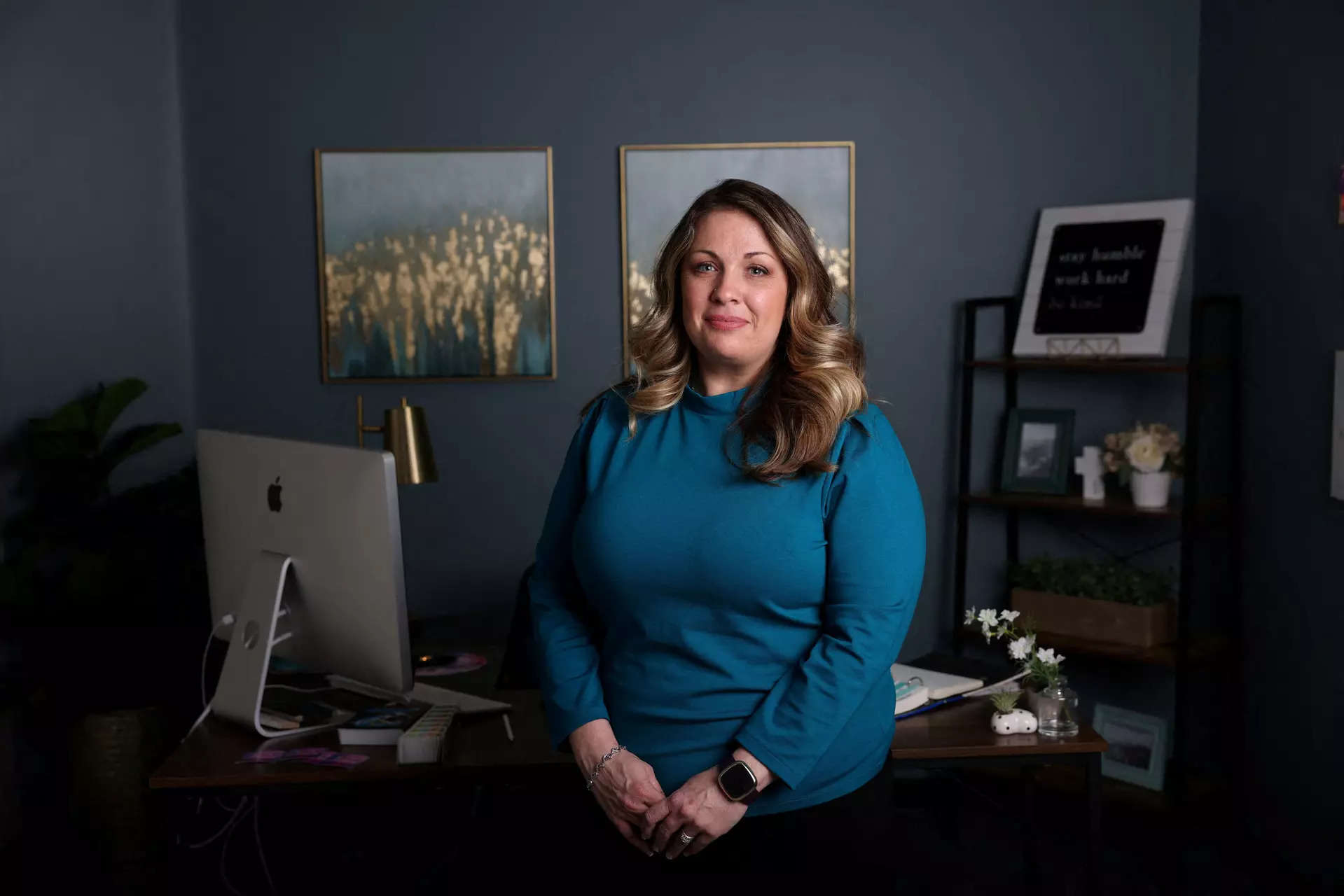In a blow to LGBT rights, the US Supreme Court ruled Friday that the constitutional right to freedom of expression allows some businesses to refuse to provide services for same-sex weddings, ruling in favor of a web designer who challenged Had cited his Christian beliefs in giving. Colorado antidiscrimination law. In a 6-3 decision authored by conservative Justice Neil Gorsuch, the justices overturned a lower court ruling that had rejected Denver-area business owner Laurie Smith’s bid for an exemption from a Colorado law that defines sexual orientation and other Prohibits discrimination on the basis of factors. Smith’s business, called 303 Creative, sells custom web designs. The dispute centered on the protection of freedom of speech under the First Amendment to the US Constitution. Gorsuch wrote, “The First Amendment views the United States as a rich and complex place where all individuals are free to think and speak as they please, not as the government demands.” The court’s three liberal justices dissented with the decision. In dissent, liberal Justice Sonia Sotomayor wrote, “Today, the Court, for the first time in its history, grants a business open to the public the constitutional right to refuse service to members of a protected class.” The court took action on the final day of its ruling, which began in October. The case challenged the right of LGBT people to receive goods and services from businesses without discrimination, as Smith claimed, against the free speech rights of artists – as she called herself – whose businesses Provides services to the public. Smith, who lives in the Denver suburb of Littleton, is an evangelical Christian who has said he believes marriage is only between one man and one woman. She sued the Colorado Civil Rights Commission and other state officials in advance in 2016 because she said she feared being punished for refusing to serve same-sex marriages under Colorado’s public accommodations law. The court has a 6-3 conservative majority. The liberal justices said during oral arguments in the case in December that the decision in favor of Smith could give some businesses the right to discriminate. Smith and her lawyers have said she is not discriminating against anyone, but does object to messages that are contrary to her Christian beliefs. In Colorado, civil rights groups and many legal scholars warned of the wider implications of Smith winning, allowing discrimination based not only on business owners’ religious beliefs, but also on potentially racist, sexist and anti-religious views. Will get Public accommodation laws exist in many states that prohibit discrimination in areas such as housing, hotels, retail businesses, restaurants, and educational institutions. Colorado first enacted an act in 1885. Its current Anti-Discrimination Act prohibits businesses open to the public from denying goods or services to people because of race, gender, sexual orientation, religion and certain other characteristics. Colorado argued that its anti-discrimination act regulates sales, not speech, to ensure “equal access and equal dignity.” Thus Smith is free to sell whatever she wants, including websites containing biblical passages from the opposite sex’s view of marriage. President Joe Biden’s administration, supporting Colorado in the case, argued that Smith’s bid for an exemption went too far because it sought the right to refuse to build any type of wedding website for a same-sex couple. , even a basic website description describing it as logical. Smith said last year, “My faith has taught me to love everyone, and that’s why I work with everyone through my business. But it also means that I don’t make every message Can.” Smith is represented by attorneys from the Alliance Defending Freedom, a conservative religious rights group. The court has supported religious rights and related free speech claims in other cases in recent years. The justices supported LGBT rights in cases such as the 2015 ruling legalizing same-sex marriage nationwide and the 2020 ruling that a federal law preventing discrimination in the workplace protects gay and transgender employees. The judges issued a decision in Smith’s case the next day, favoring another evangelical Christian plaintiff. In that case, the court, in a 9-0 decision, boosted the ability of employees to receive accommodations at work for their religious practices, reviving a lawsuit by a former mail carrier who accused the Postal Service of discrimination because she Was disciplined for refusing to show up. Be prepared for work on Sunday.
Source link

US Supreme Court deals blow to LGBT rights in web designer case
More from NewsMore posts in News »
- Who is Kash Patel? A Public Servant and National Security Expert and Champion! Revealed 2024
- What is Swatting? The Dangers of False Emergency Calls 2024
- El Salvador’s Bitcoin Holdings: An In-Depth Exploration Exclusive 2024
- “जो बाइडेन की हताशा” : डोनाल्ड ट्रंप ने चुनाव परिणाम बदलने के प्रयासों के आरोपों से किया इनकार
- Trump pleads not guilty to election conspiracy charges





Be First to Comment